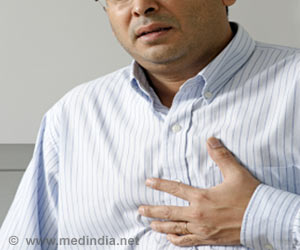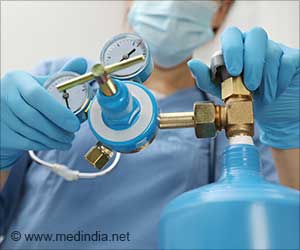“More research is needed to verify our findings,” he continued. “If confirmed, this association would indicate that high cholesterol in pregnancy should be considered a warning sign and women should be encouraged to exercise and reduce their cholesterol intake.
In addition, affected children could be provided dietary and lifestyle guidance aimed at preventing heart disease later in life.”
This study included 310 patients who were admitted to hospital between 1991 and 2019. 89 patients were admitted with a heart attack and 221 controls were hospitalized for other reasons.
Data were obtained on the mother’s cholesterol during the first and second trimester of pregnancy with that individual.
The average age of the 89 heart attack patients was 47 years and 84% were men.
Patients were classified as having a severe or non-severe heart attack according to: 1) the number of coronary arteries involved; 2) pump function of the heart; 3) peak levels of creatinine kinase (CK) and CK-MB enzymes, with higher levels indicating more extensive heart damage.
The heart attack was considered severe when at least one of the criteria were met.
Maternal cholesterol during pregnancy was significantly correlated with each measure of heart attack severity.
The researchers analyzed the association between maternal cholesterol during pregnancy and heart attack severity after adjusting for age, sex, body mass index (BMI), number of cardiovascular risk factors, and serum cholesterol measured after hospitalization for the heart attack.
Maternal cholesterol during pregnancy predicted heart attack severity independently of age, sex, BMI, number of risk factors, and serum cholesterol after hospitalization, with an odds ratio of 1.382.
In a second analysis, the researchers examined the association between maternal cholesterol during pregnancy and atherosclerosis in adult offspring.
Two surrogate measures were used. These were: 1) number of cardiovascular risk factors; and 2) number of cardiovascular risk factors plus clinical manifestations such as heart attack or stroke.
Pregnant mothers’ cholesterol level was significantly correlated with both measures of atherosclerosis risk, even after adjusting for age, sex and cardiovascular risk factors.
Dr. Cacciatore said: “Our observations suggest that a mother’s cholesterol level during pregnancy impacts the developmental programming of offspring and heart attack severity in adulthood. However, the study does not establish causality, nor does it allow us to estimate how much maternal cholesterol may contribute to heart attack severity.”
He concluded: “Prospective studies are needed to better evaluate the magnitude by which maternal cholesterol may influence the development of atherosclerosis in offspring and the combined effect of risk factors throughout the life.”
Source: Medindia



